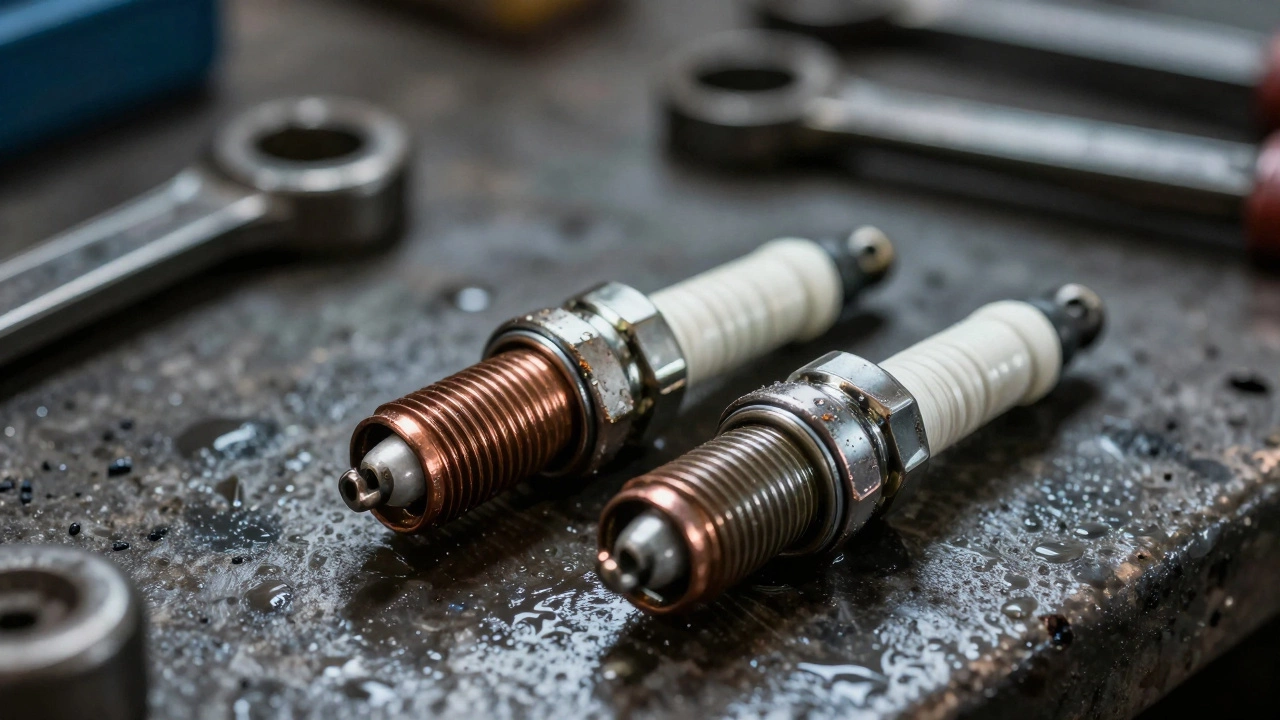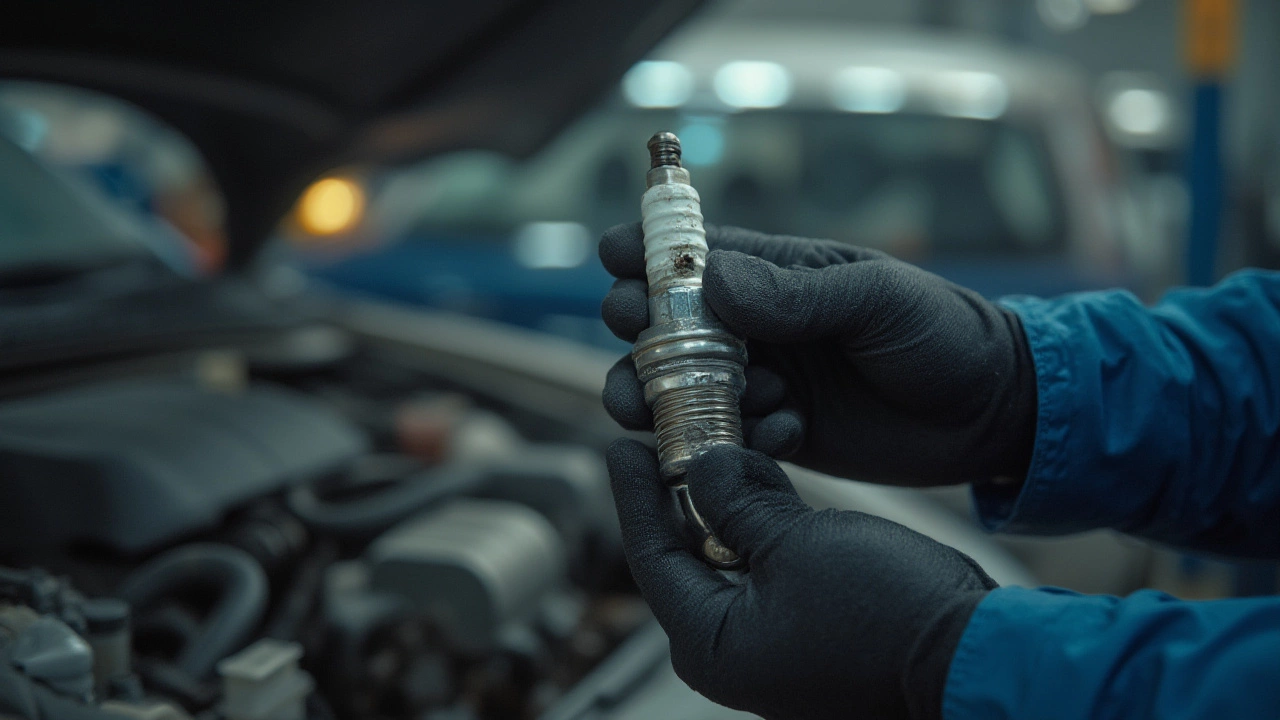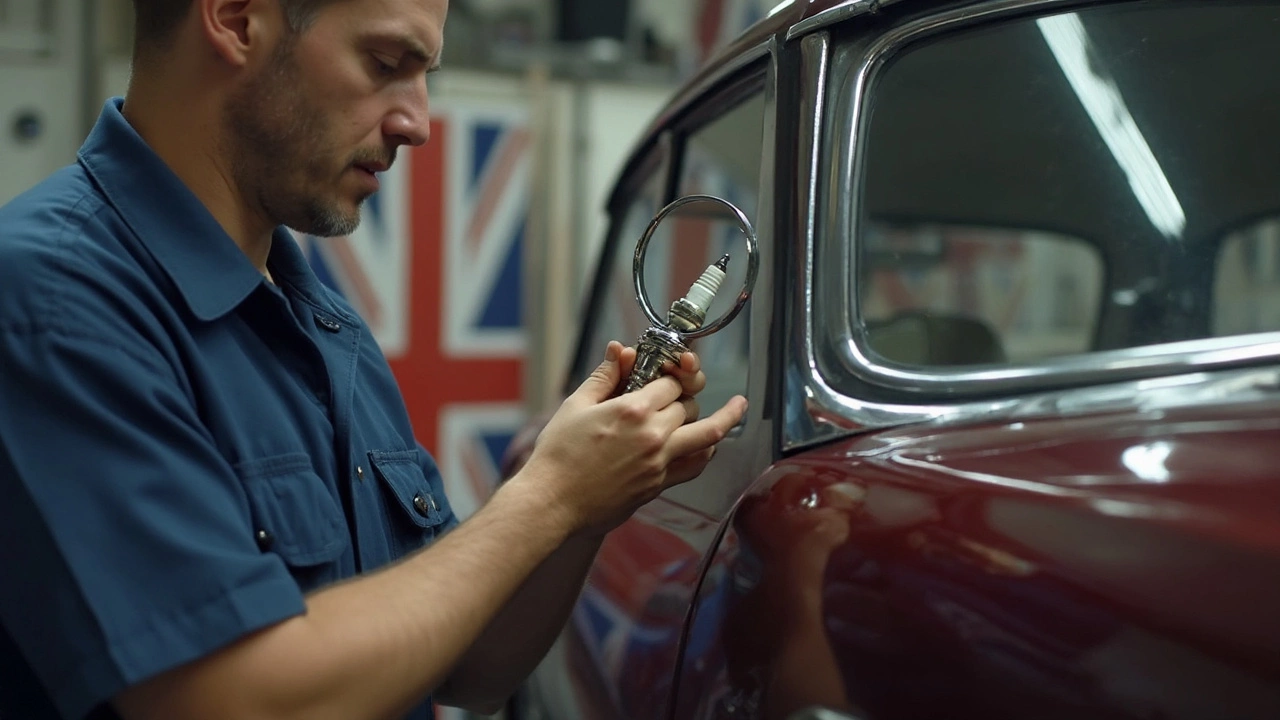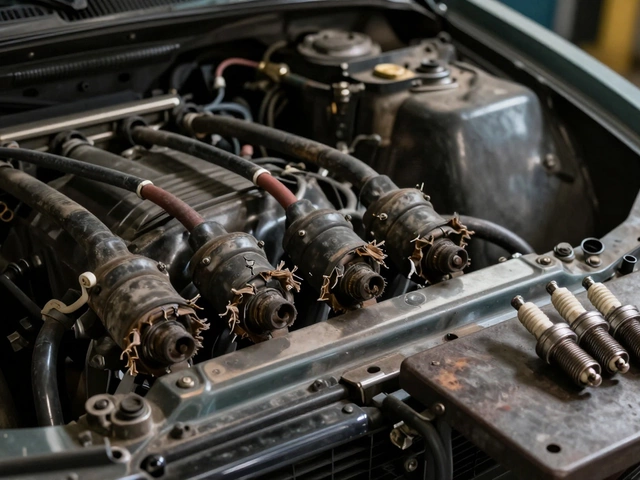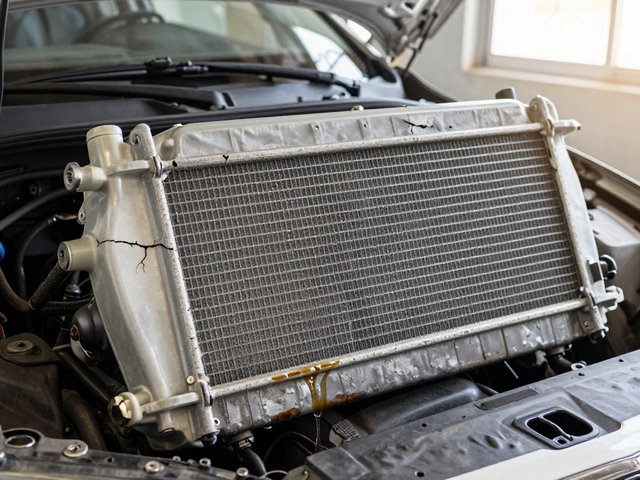Engine Performance: Signs, Causes, and How to Fix It
When your engine performance, the ability of a car’s engine to deliver power efficiently and consistently under normal driving conditions. Also known as vehicle power output, it depends on a chain of parts working together—fuel, air, oil, and cooling—all in perfect sync. If your car feels sluggish, hesitates when you press the gas, or stalls at idle, it’s not just "old age." It’s usually one or more systems failing quietly.
Most engine performance problems tie back to four key areas: fuel pump, the component that delivers gasoline from the tank to the engine at the right pressure, engine oil, the lubricant that reduces friction and carries away heat from moving engine parts, radiator, the heat exchanger that keeps the engine from overheating by circulating coolant, and the clutch, the mechanism that connects and disconnects engine power to the transmission. A failing fuel pump won’t deliver enough gas, dirty oil causes internal wear, a clogged radiator leads to overheating, and a slipping clutch makes power feel lost—like driving with the brake lightly on.
You don’t need a diagnostic tool to spot early warning signs. If your car takes longer to start, the check engine light flickers, or you smell fuel near the engine, the fuel system is under stress. If your oil looks black and gritty, or you’re topping it up every few weeks, you’re running on borrowed time. Overheating? That’s the radiator or coolant system screaming for attention. And if the engine revs but the car doesn’t accelerate, your clutch is likely worn out. These aren’t separate issues—they’re all linked. A bad radiator can cause the engine to overheat, which thickens the oil, which reduces lubrication, which strains the engine and lowers performance. One failure triggers another.
This collection of articles cuts through the noise. You’ll find clear guides on how to test a fuel pump, spot when your oil needs changing, recognize radiator failure before it kills your engine, and tell if your clutch is slipping. No fluff. No jargon. Just what to look for, what tools you need, and when to call a pro. Whether you’re trying to save money on repairs or just want to understand why your car feels off, these posts give you the facts to act—before a small problem turns into a tow truck bill.
